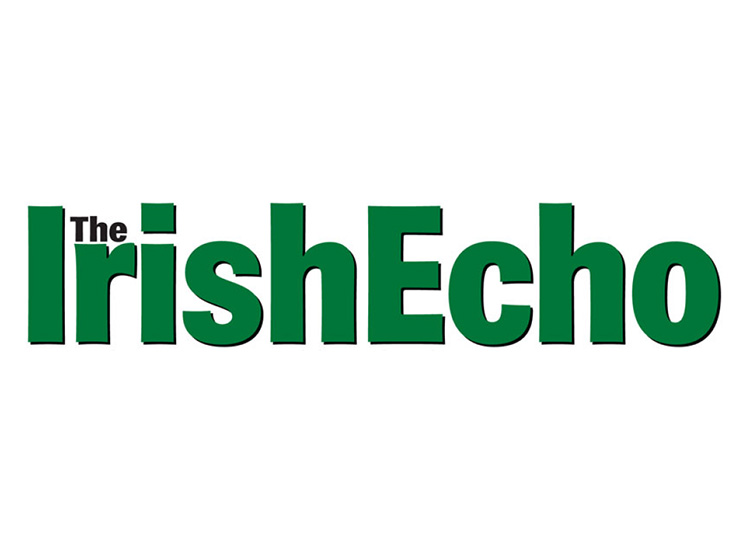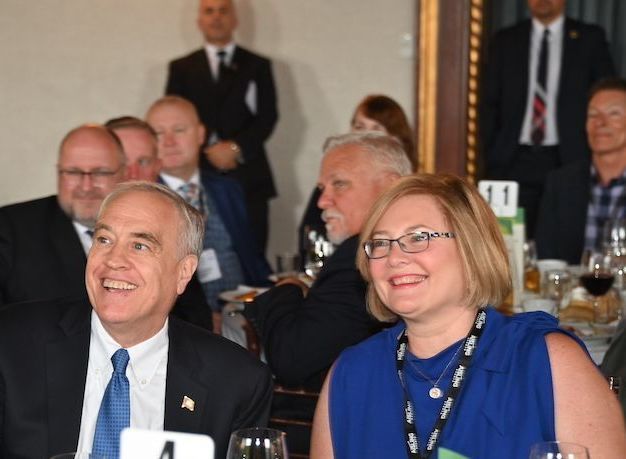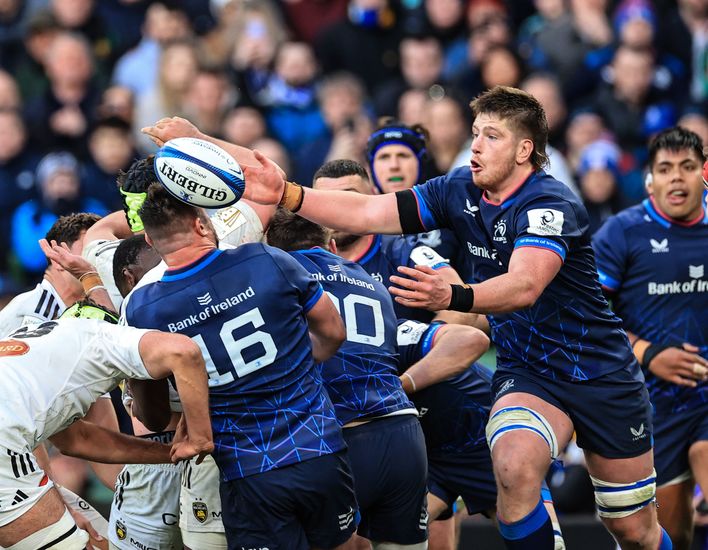In a letter to Ian McGowan, whose Winged Fist Organization is behind the plan, the co-operative board's lawyer stated that "it is the job of the elected Board of Directors to manage and operate the day-to-day business of the cooperative, and to enforce the rules and regulations of the cooperative on behalf of all its residents. One of those regulations prohibits the placement of signs or other notices on the exterior walls of the premises."
McGowan said that the letter is "sloppy," pointing out that it refers to the I-AAC as the "IACC" and also as the "Irish American Club." He added that it seems confused about the distinction between his own organization, founded last year, and the historic club, which became defunct before apartment complex was built in 1930.
But he described its central contention as "patently absurd." His web site features photos of several signs that are bolted to the complex's exterior walls. One states: "This Property is Under Closed Circuit Camera Surveillance," another, which has rusty bolts, announces the offices of a podiatrist, while a third is a "rotting wooden board," McGowan said, on a wall close the management office.
As reported in last week's Echo, several members of the cooperative board had verbally objected to the I-AAC's traditional symbol, which incorporates a clenched fist, saying it was evocative of radical protest. His efforts to have the board clarify its objections in print resulted in the letter signed by Mark L. Hankin, which "respectfully declines" the offer of a plaque. The lawyer makes no reference to any objections to the emblem.
The letter states that "the Board wished to thank you for your presentation and historical background surrounding the Irish-American athletes and competitions previously held at the current site of the Cooperative buildings and grounds."
This is evidence, for McGowan, that the board did not properly review the materials submitted to it or even the letters of support from Congressman Joseph Crowley and NYPD Assistant Chief George W. Anderson, the commanding officer of the Police Academy. They refer to the fact that the most important competitions in the club's history were not held at Celtic Park, but rather in St. Louis, Mo., and a series of foreign cities. Club members won 53 medals at Olympic Games in the early 20th century. They included the Polish-born Myer Prinstein, the first Jewish-American to win Olympic gold (at Paris in 1900 and two medals at for the long jump and the triple jump in St. Louis in 1904), and John Baxter Taylor Jr., the first African American to win a gold medal (London in 1908 in the medley relay).
The first Italian to win an Olympic medal, Emilio Lunghi of Genoa, became a member. He won silver in the 800 meters at the 1908 Games, and afterwards spent a year in New York based at Celtic Park. He established three world records while in Queens.
"The club was multicultural before that term was ever used," McGowan said of the I-AAC, which was set up as alternative to the rather more exclusive and discriminatory New York Athletic Club. He said that the board's refusal to acknowledge the club's remarkable diversity and to insist on pigeon-holing it as simply Irish American was "disturbing."
Some of the Irish-American stories associated with the club are also stories about immigrant achievement. Martin Sheridan, for example, a multiple gold-medalist in discus and shot-put events in the first decade of the 20th century, was born in County Mayo. The hammer throw was won by Irish-born members of the I-AAC at six consecutive Olympic Games. County Limerick's John J. Flanagan won in 1900 (the first Olympics for the event), 1904 and 1908; Matt McGrath, of County Tipperary, in 1912; and Patrick Ryan, also of Limerick, in 1920. Both McGrath and Ryan were members of the NYPD.
"Everyone I've spoken to in the building, other than the board members, have been supportive," McGowan said, adding that the 750-unit Woodside apartment complex reflects the diversity of Queens today.
He has found generally that locals are intrigued by Celtic Park's remarkable history. Among those he's discussed it with recently are the owner or employees of a Romanian social club, a Korean deli, an Ecuadorian bodega and an Armenian shoemaker's.
For more about the Irish-American Athletic Club go to www.wingedfirst.org.










